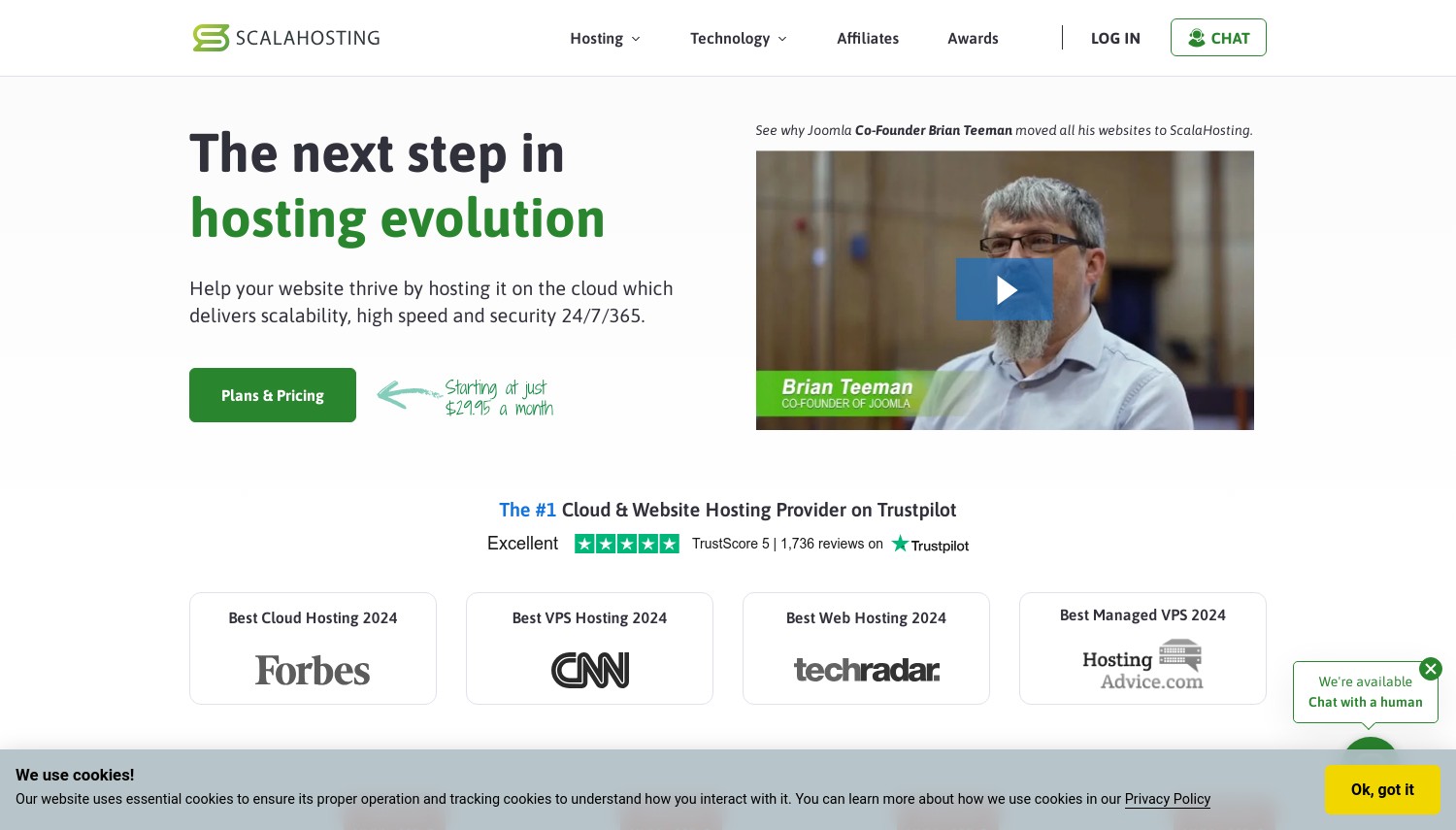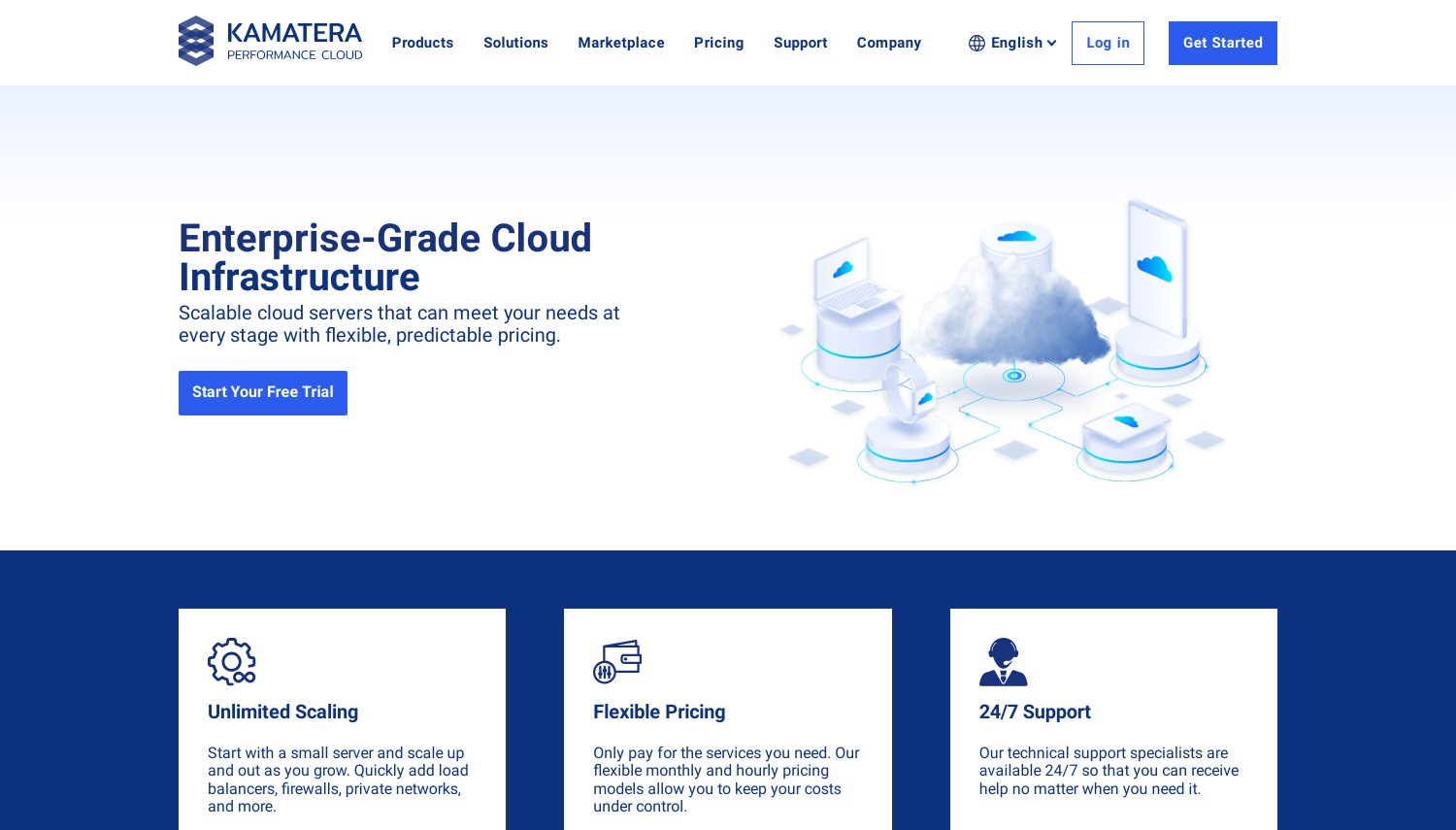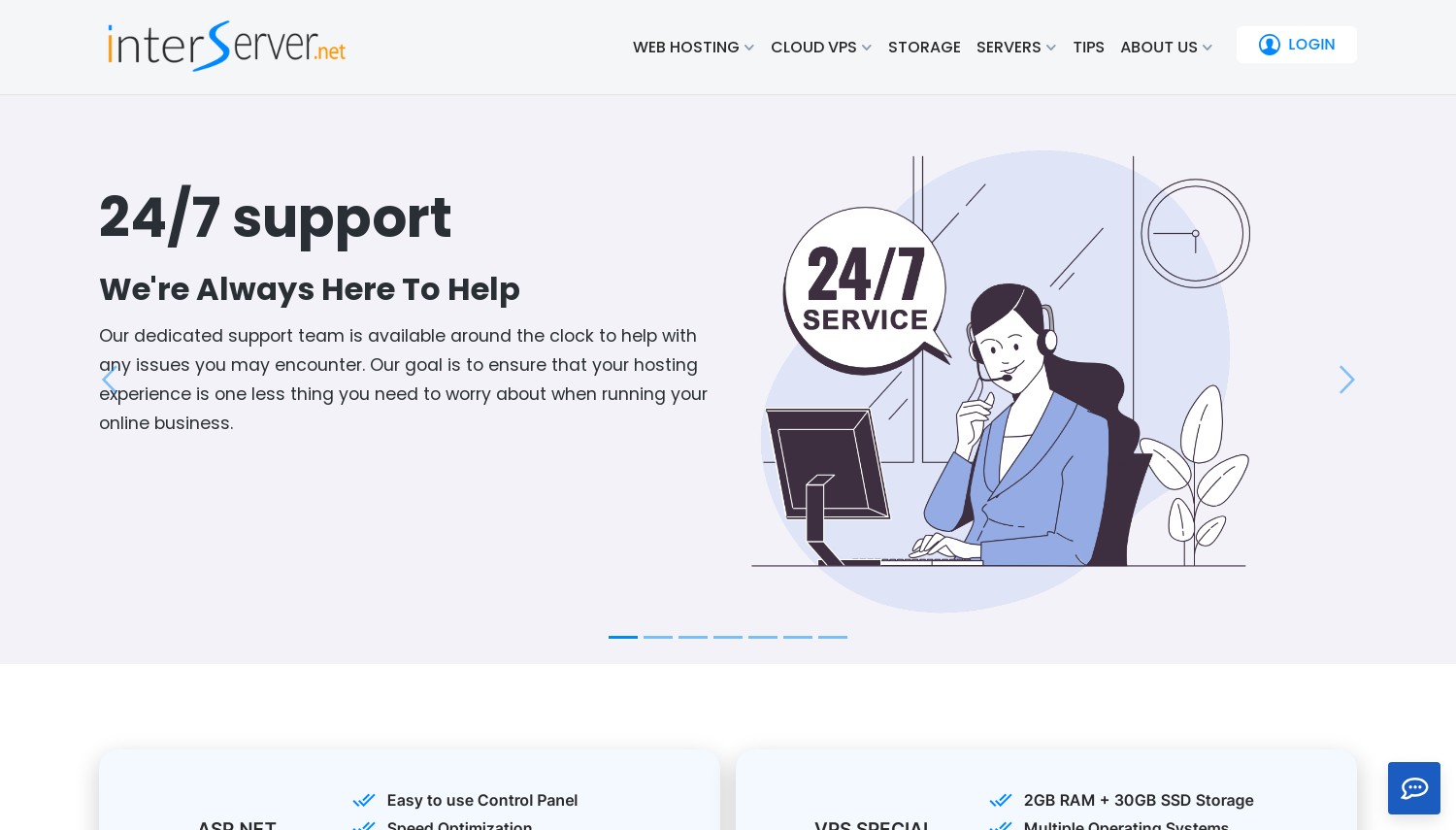On This Page: [hide]
Types of Cloud Hosting
When exploring cloud hosting, it’s important to understand the different types available to suit various business needs.
Public cloud hosting is the most common type, where multiple users share resources on the same infrastructure.
This makes it a cost-effective and scalable choice for many organizations.
Private cloud hosting, by contrast, offers dedicated resources for a single business.
It provides enhanced security and control, making it ideal for larger enterprises or those with strict compliance requirements.
Hybrid cloud hosting combines the strengths of both public and private environments.
It allows businesses to balance flexibility, security, and cost efficiency by leveraging the benefits of both models.
Specialized Hosting Services
- Ecommerce Hosting: Tailored for online stores with features like fast checkout, inventory support, and SSL integration.
- Reseller Hosting: Enables you to manage and sell hosting services to your own clients under your brand.
- Email Hosting: Provides custom email domains, better branding, and secure communication for businesses.
- Dedicated Server Hosting: Full control over a physical server with guaranteed resources and performance.
- VPS Hosting: Offers virtualized dedicated resources and root access at a lower cost than full dedicated servers.
- Colocation Hosting: Lets you house your own physical servers in a third-party data center to benefit from their power, cooling, and connectivity.
With such a wide range of cloud and specialized hosting services, users can choose the best fit for their technical requirements,
business goals, and desired level of control.
Cloud Hosting Infrastructure
The backbone of cloud hosting is its robust infrastructure, which includes a network of servers, advanced data centers, and scalable storage systems.
Leading providers strategically locate their data centers in key regions like Tokyo to ensure low latency and
high availability for users in Japan and the broader Asia Pacific region.
This geographic advantage means your website or application can deliver fast load times and reliable access
to local customers, improving user experience and performance.
Security is a top priority in cloud hosting infrastructure. Providers implement advanced measures such as
data encryption, firewalls, and regular security updates to protect your data
and ensure compliance with industry standards.
The infrastructure is designed for scalability, allowing businesses to easily scale resources up or down as their needs change, whether it’s handling seasonal traffic spikes or supporting rapid growth.
With cloud hosting, users have full control to create and manage their own virtual servers, databases,
and storage, tailoring the environment to their specific requirements.
This level of control and flexibility makes cloud hosting an ideal choice for businesses seeking
reliable, secure, and high-performance hosting solutions in Japan.
Benefits of Cloud Hosting for Your Business in Japan
In other terms, a cloud solution is a network that runs on several servers. However, processes and data are
distributed over multiple servers rather than being hosted on a traditional single server setup.
This allows businesses to easily deploy new websites and applications on the cloud.
Reliability
With cloud hosting, you gain the advantages of easy scalability, greater control, and
pay-as-you-use pricing. You can scale resources up or down depending on your needs and budget.
If one server fails, another instantly takes its place, minimizing downtime. This built-in redundancy makes
cloud hosting a reliable solution for critical business operations. Some organizations may still opt for
dedicated hosting when they need maximum performance, total control, or guaranteed uptime for
mission-critical applications.
Speed
Cloud hosting is designed for high-speed performance. Unlike single-server solutions such as dedicated
or colocation hosting, cloud hosting draws on a resource pool from multiple interconnected servers.
This means even during high traffic spikes, your website will maintain stable performance. If one server experiences
issues or overload, your workload is instantly shifted to another within the cluster, ensuring consistent speed and uptime.
Security
In terms of security, cloud infrastructure includes an extra layer of protection to secure the virtual
network environment. This isolates your data from others and helps prevent unauthorized access.
Reputable hosting providers also offer features like SSL certificates and advanced DDoS protection
as standard, further enhancing your data and site security.

 ScalaHosting
ScalaHosting

 Kamatera
Kamatera

 FastComet
FastComet
 InterServer
InterServer

 ChemiCloud
ChemiCloud
 20i
20i

















